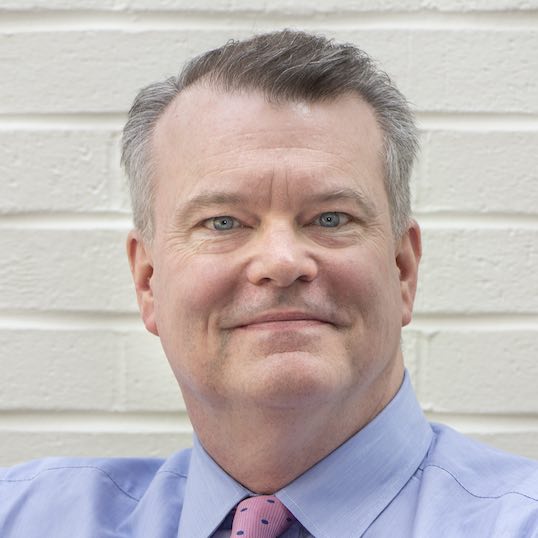This webinar will run from 10:00 am - 12:00 pm ET / 7:00 am - 9:00 am PT on April 5, 2025 for a total of 2 credit hours.
For those who cannot attend the live webinar on April 5, a recording of the webinar will be available for 7 days following the live webinar, beginning the following Monday.
CE credit is only available for live attendance.
It sounds so right: students’ intrinsic interests could inspire them to explore and learn in school. Sadly, this obvious strategy faces real-world challenges. Intrinsic motivation can be difficult to spark, and harder still to align with curricular goals. To rethink motivational problems, this workshop explores a surprising theoretical framework: “biologically primary and secondary learning.” Drawing on evolutionary psychology, this theory looks at formal schooling within our evolutionary history. We then turn to “self-determination theory” to explore three core motivating forces: autonomy, relatedness, and competence. These combined perspectives help teachers know when to rely on intrinsic motivation, and how best to develop authentic motivation to achieve curricular goals.
LEARNING OBJECTIVES
Participants will be able to:
-
Understand the distinction between “biologically primary” and “biologically secondary” learning
-
Rethink curricular goals within these categories
-
Use self-determination theory to develop specific and practical classroom strategies
-
Combine both perspectives to balance competing motivational forces
WHO SHOULD ATTEND
This seminar is applicable to K-16 teachers, academic administrators, academic support staff, counselors, and district leaders.
WORKSHOP LEADER
 Andrew C. Watson, MEd, Classroom Teacher; Founder/President of Translate the Brain, a professional development consultancy; Author, The Goldilocks Map: A Classroom Teacher’s Quest to Evaluate ‘Brain-Based’ Teaching Advice (2021), Learning Grows: The Science of Motivation for the Classroom Teacher (2019), and Learning Begins: A Teacher's Guide to the Learning Brain (2017); Blogger, Learning & the Brain Blog
Andrew C. Watson, MEd, Classroom Teacher; Founder/President of Translate the Brain, a professional development consultancy; Author, The Goldilocks Map: A Classroom Teacher’s Quest to Evaluate ‘Brain-Based’ Teaching Advice (2021), Learning Grows: The Science of Motivation for the Classroom Teacher (2019), and Learning Begins: A Teacher's Guide to the Learning Brain (2017); Blogger, Learning & the Brain Blog


 Andrew C. Watson, MEd, Classroom Teacher; Founder/President of Translate the Brain, a professional development consultancy; Author, The Goldilocks Map: A Classroom Teacher’s Quest to Evaluate ‘Brain-Based’ Teaching Advice (2021), Learning Grows: The Science of Motivation for the Classroom Teacher (2019), and Learning Begins: A Teacher's Guide to the Learning Brain (2017); Blogger, Learning & the Brain Blog
Andrew C. Watson, MEd, Classroom Teacher; Founder/President of Translate the Brain, a professional development consultancy; Author, The Goldilocks Map: A Classroom Teacher’s Quest to Evaluate ‘Brain-Based’ Teaching Advice (2021), Learning Grows: The Science of Motivation for the Classroom Teacher (2019), and Learning Begins: A Teacher's Guide to the Learning Brain (2017); Blogger, Learning & the Brain Blog